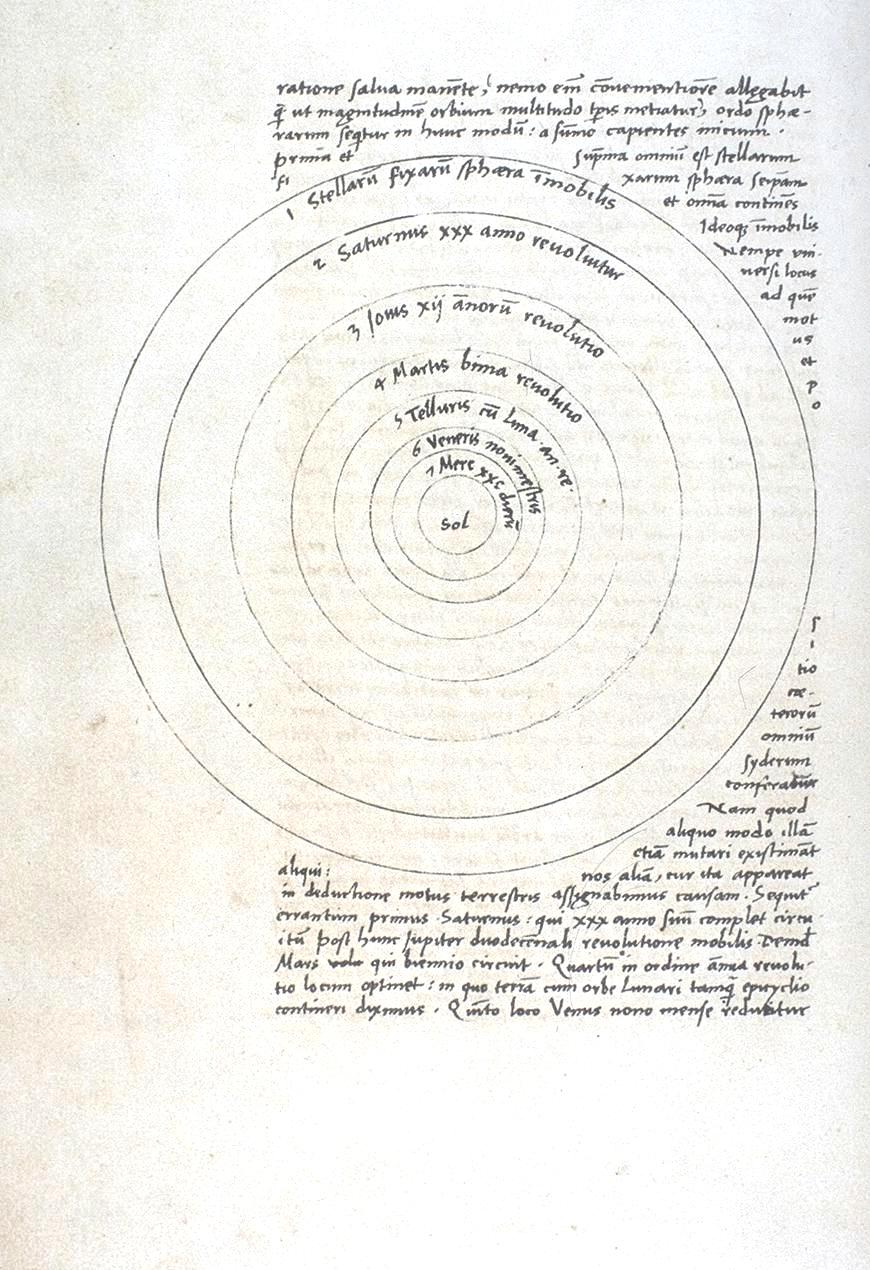
|
| Charles Darwin |
—Charles Darwin, The Descent of Man (1871)
| Bronowski at Auschwitz |
—Jacob Bronowski (1908-1974), The Ascent of Man (1973)
| Thomas Kuhn |
There is, of course, no guarantee that knowledge will insure wisdom, and wisdom is, of course, more than just a conglomeration of scientific facts. And often we encounter same infuriating arrogance and dogmatic narrow-mindedness blinding scientists and layman alike to their own irrational faith in an outmoded idea until the overwhelming preponderance of evidence causes them to switch faiths, as it were—either that or they gradually die off to be replaced by those with younger and more flexible minds. In The Structure of Scientific Revolutions, Thomas Kuhn, unintentionally creating one of the most misused terms in the language, called such a switch of scientific allegiance a "paradigm shift."

|
| Galileo Galilei |
Outside of a few theocratic states—and, in Peter Watson's phrase "except for one or two embarrassing 'creationist' enclaves in certain rural areas of the United States"—the idea of natural selection is firmly established. We might argue that Watson greatly underestimates the number of such enclaves in the U.S., but we agree with his characterization of them as embarrassing. Perhaps they are the last remaining holdouts from a paradigm shift that occurred in most of the modern world a century and a half ago.
| John Scopes |
But perhaps there is something else at work here.

|
| Copernicus's view of the cosmos. It would take Isaac Newton to figure out the circles should be ellipses. |
In the video below, Bronowski quotes Oliver Cromwell's famous line "I beseech you, in the bowels of Christ, think it possible you may be mistaken." And that is the difference between pure science and pure fundamentalism. Fundamentalism by it's very nature is unquestioning and intolerant. If it thinks it possible it may be mistaken it is no longer fundamentalism, but a more moderate and modern conception of God and our place in the universe. Science, on the other hand, must continually doubt itself. The latest paradigm shift is just that: the latest.
The following video is a clip from the thirteen-part BBC production The Ascent of Man, written and featuring Jacob Bronowski.
Viewing time 4 minutes 21 seconds:
*Readers who are sticklers for accuracy will object to our saying that Galileo was thrown in the hoosegow. And they are correct: he was placed under house arrest for the rest of his life. But we at the Goombah are enamoured of the word hoosegow and try to insert it in posts whenever we can.

1 comments:
What about the faith gene? Many people are heavily imbued with it and already have their pathway to God; just like some people are born without ear lobes, those poor souls without the faith gene really have a tough slog getting to God.
Quantum mechanics says that the act of observing an experiment affects it, alters the outcome. Pity the poor scientist, he must calculate the effect of his observance on his experiment.
It boils down to perspective; each one of us has his/her own unique perspective which makes us each a little different than our peers.
Thanks to an overactive faith gene the fundamentalist comes across as intolerant from an objective perspective, but he's wholly rational from ihs faith imbued perspective.
Ultimately reason and the scientific method win, because you can't fool all of the people all of the time.
Amen.
Post a Comment